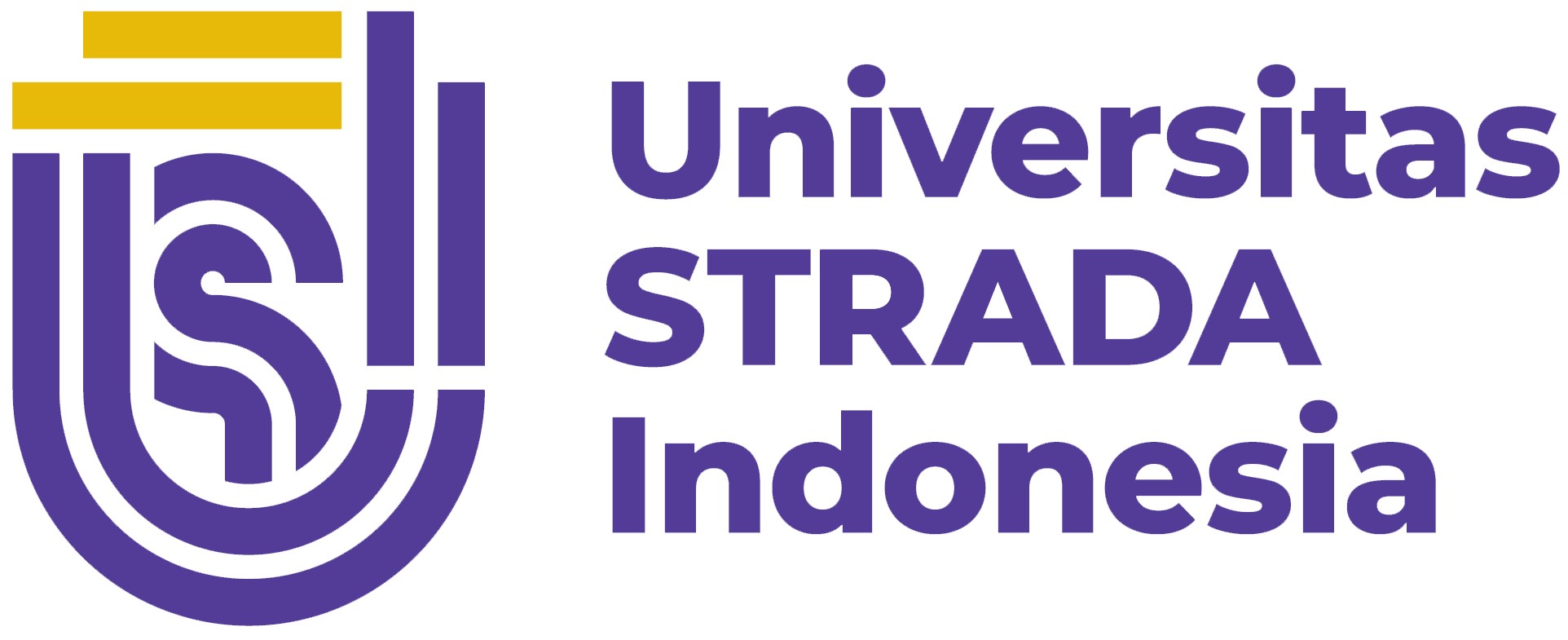Assessment of Readiness for Implementing a School Lunch Program among Primary School Children
Main Article Content
Khairunisa Ramadhani
Dyah Suryani
Muhammad Ridwan Ansari
Cita Eri Ayuningtyas
Sari Kusuma
Background: Elementary school children are in a period of rapid growth and development, which requires adequate nutritional intake. Unfortunately, many school-age children skip lunch or consume meals that lack nutritional value. School lunch programs have been proven to improve nutritional status, learning concentration, and student attendance. In Indonesia, school lunch programs have not been implemented evenly, particularly in public schools. The Special Region of Yogyakarta (DIY) has the potential to serve as a model area for the implementation of such programs; however, a readiness assessment is required beforehand, considering the perspectives of schools.
Methods: This study employed a descriptive quantitative approach using a survey method. Samples were taken from several public elementary schools located in urban and semi-urban areas of the Special Region of Yogyakarta (DIY). Data was collected through questionnaires distributed to school principals and key decision-makers within the school environment. The data were analyzed descriptively to identify trends, logistical readiness, and stakeholder support. This study obtained ethical approval from the Research Ethics Committee of Universitas Ahmad Dahlan with the approval code 012408284, issued on September 6, 2024.
Result: Based on the survey results, it was found that school readiness in terms of infrastructure still faces several challenges. Though the school stated overall readiness, this school lunch program gives benefits such as food behavior change, increasing nutritional status, increasing student performance, and school reputation.
Conclusion: Most elementary and Islamic elementary schools (MI) in Yogyakarta reported that they are not yet fully prepared to implement the school lunch program. However, they expressed willingness to participate if supported by the local government and provided with clear technical implementation guidelines. An initial intervention in the form of a pilot project is necessary to evaluate the program’s effectiveness and to make necessary operational adjustments








